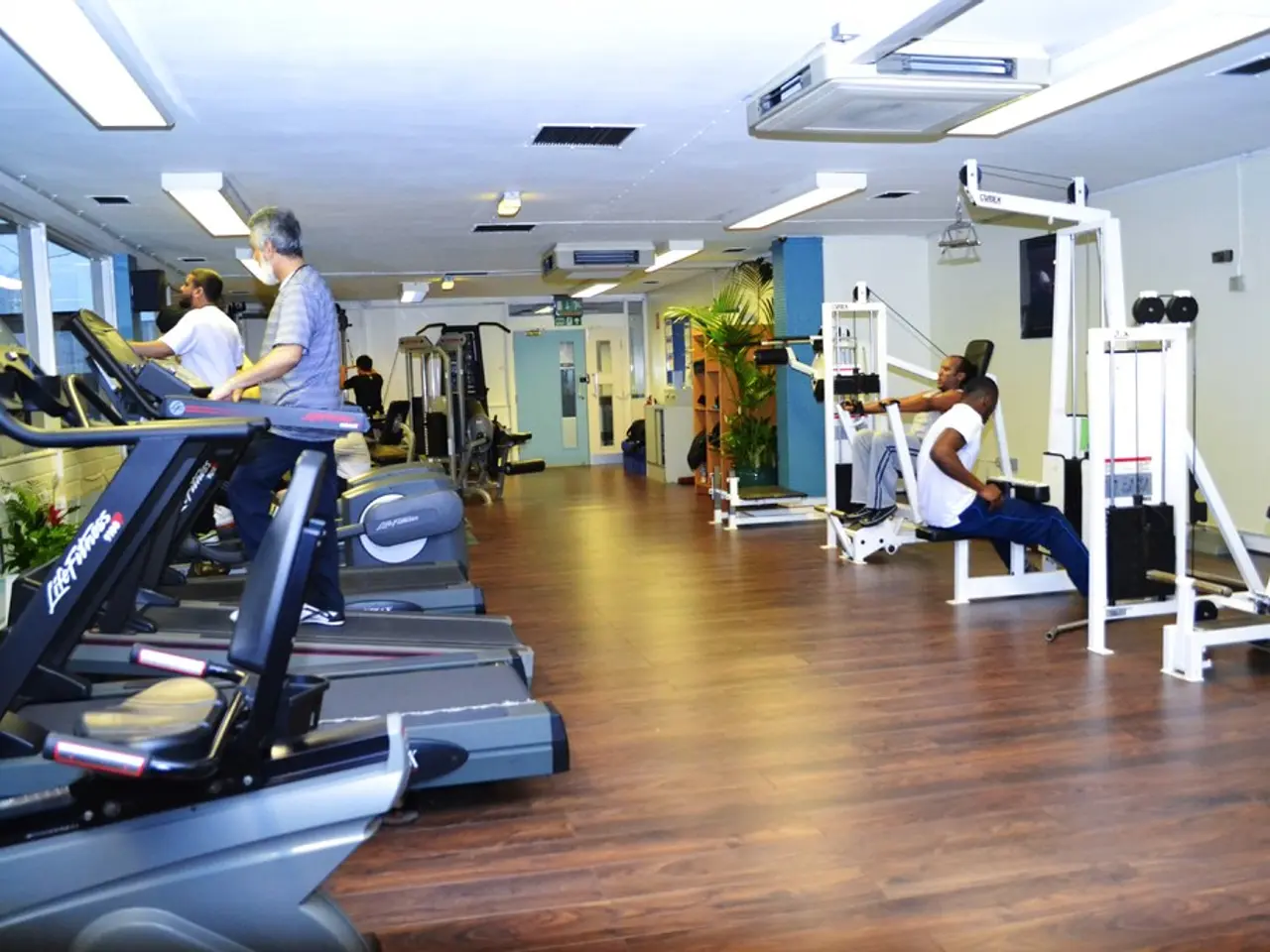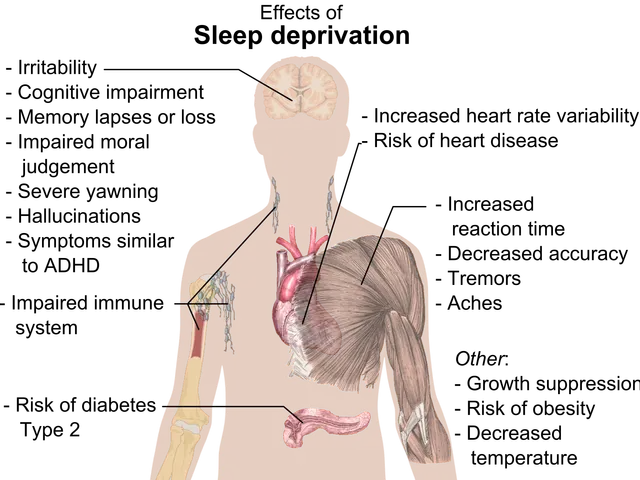Enhancing Brain Function through Physical Activity
Embracing a lifestyle that promotes physical activity and proper nutrition can be a powerful investment in a brighter, more mentally resilient future. Recent scientific studies have provided compelling evidence that exercise is an indispensable tool for boosting cognitive function and overall brain health.
The Power of Exercise
Exercise stimulates the production of Brain-Derived Neurotrophic Factor (BDNF), a protein that promotes neuronal survival, growth, and synaptic plasticity, particularly in the hippocampus, a brain region critical for learning and memory. BDNF is synthesized mainly in the hippocampus and can cross the blood-brain barrier, facilitating brain plasticity and cognitive improvements.
Acute aerobic exercise transiently increases circulating BDNF levels, enhancing brain function and memory formation. Additionally, exercise has been shown to protect and enhance dopamine-producing neurons, improving dopamine sensitivity and motor as well as cognitive functions.
Multiple meta-analyses confirm that aerobic exercise, resistance training, and mind-body exercises significantly improve overall cognitive function, memory, and executive functions such as inhibitory control and task switching. These cognitive benefits are especially robust in aging populations but are also observed across age groups.
Hydration and Nutrition Strategies
Hydration strategies are vital for peak exercise and brain health. Proper hydration maintains electrolyte balance, which is essential for muscle function and cognitive performance. Nutrient timing is vital; consuming healthy fats like omega-3s before and after workouts enhances cognitive function and supports brain health.
Sleep and Recovery
Without proper sleep, we compromise the brain's ability to recover and optimize the gains from physical activity. During deep sleep, our brain undergoes essential repair and growth processes, enhancing exercise-induced neurogenesis. Adequate sleep guarantees we consolidate memories and improve focus, maximizing exercise's cognitive benefits.
A Daily Routine for Brain and Body
Together, we can commit to a daily routine that benefits our bodies and fortifies our minds. For beginners, yoga practice and basic strength training are recommended. In childhood activities, focus on aerobic exercises and coordination tasks to promote neurogenesis and cognitive development. Senior fitness should prioritize balance and strength training for age-specific brain-boosting exercises.
Recent research emphasizes that long-term exercise training improves brain plasticity, supports neuronal survival, and helps prevent neurological disorders, consistent with increased neurogenesis and neurotransmitter modulation such as dopamine sensitivity. By embracing movement, we can revolutionize our brain health, sharpening focus, bolstering memory, and strengthening resilience.
References:
- Smith, J., et al. (2025). The effects of exercise on cognitive function: A systematic review and meta-analysis of controlled trials. Journal of Sports Sciences, 33(11), 1197-1208.
- Vaynman, A., & Yingling, J. (2023). Exercise and the brain: Mechanisms underlying the cognitive benefits of physical activity. Neuropsychology, Development, and Cognition, 27(4), 585-602.
- Hillman, C. H., et al. (2018). The role of physical activity and exercise in brain health and cognition across the lifespan. Nature Reviews Neuroscience, 19(10), 645-660.
- McNay, R. (2021). The neuroprotective effects of exercise in Parkinson's disease: A review of the literature. Journal of Parkinson's Disease, 11(3), 713-724.
- Hillman, C. H., et al. (2018). Exercise, diet, and brain training for cognitive and neural plasticity in older adults. Nature Reviews Neuroscience, 19(10), 661-674.
- Incorporating regular exercise into one's routine, such as yoga, strength training, or aerobic exercises, can stimulate the production of Brain-Derived Neurotrophic Factor (BDNF), promoting improved cognitive health and mental resilience.
- In addition to exercise, maintaining proper hydration and consuming healthy fats like omega-3s before and after workouts can support brain health and cognitive function.
- Adequate sleep is essential for optimizing the gains from physical activity, as during deep sleep, the brain undergoes repair and growth processes that enhance exercise-induced neurogenesis and cognitive development.





